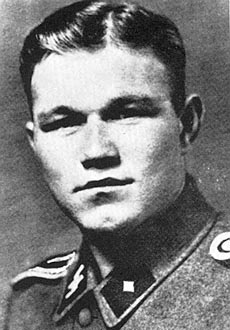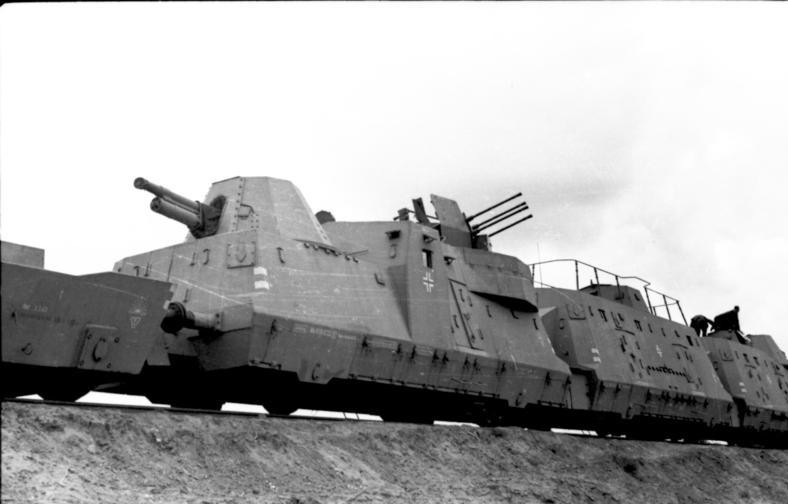I am not good in german language so could anyone help me with translating and saying the exact meaning of Panzerabwehrzug ? Panzer wagon , tank or what ?
I ask because a few days ago i read about the Emil Dur a man who fought in Hitlerjugend in Panzerabwehrzug/4. Kompanie/I. Batallion/SS-Panzergrenadierregiment 26 as gun commander and if someone could post more photos about him it will be appreciate , thanks in advance 
What i more know about him is
Date of Birth:
11. June 1920
Decorations:
Iron Cross II: 23. June 1944
Iron Cross I: 24. June 1944
Knight’s Cross: 23. August 1944
Honor Roll Clasp: 15. September 1944
Date of Death:
27. June 1944
Source http://home.att.net/~SSPzHJ/EmilDurr.html


 Anyway thank for the help with the german language looking forward for the photos
Anyway thank for the help with the german language looking forward for the photos 

